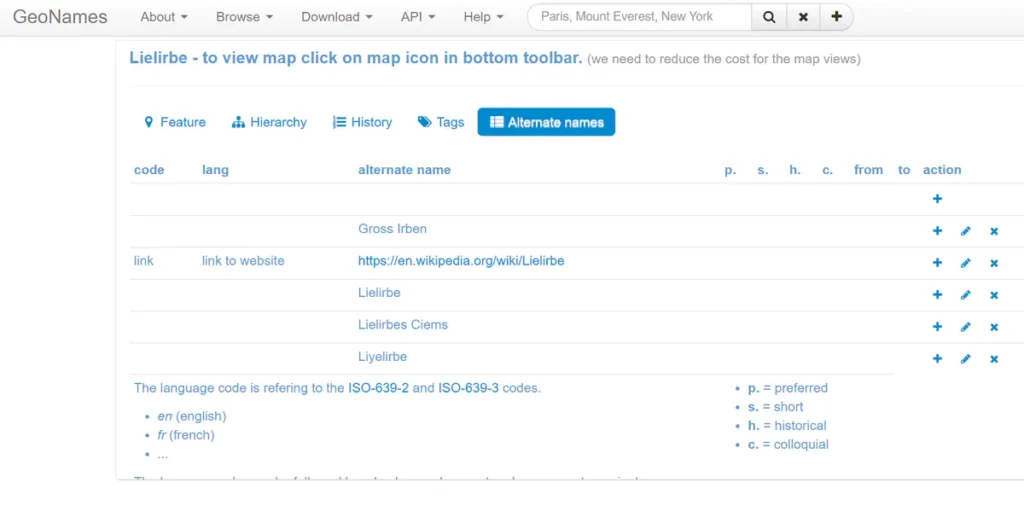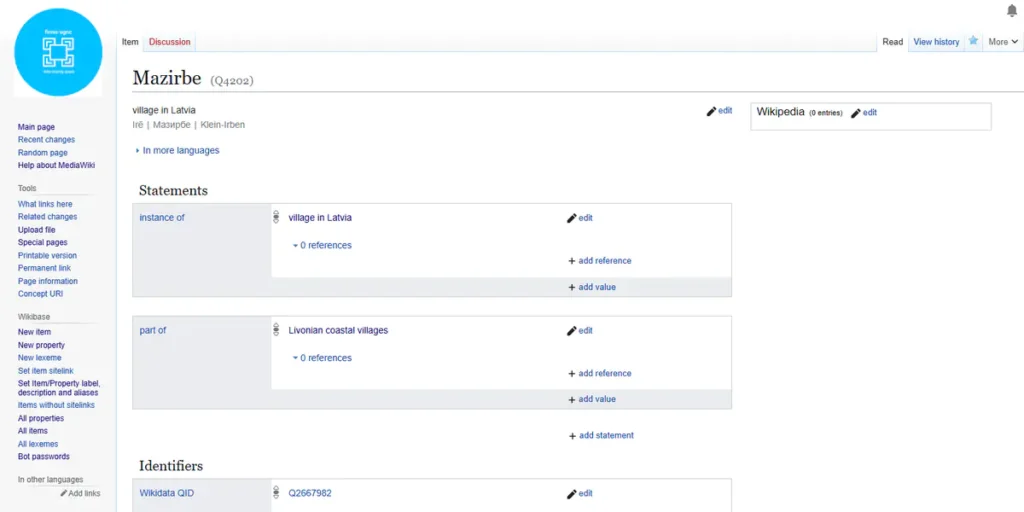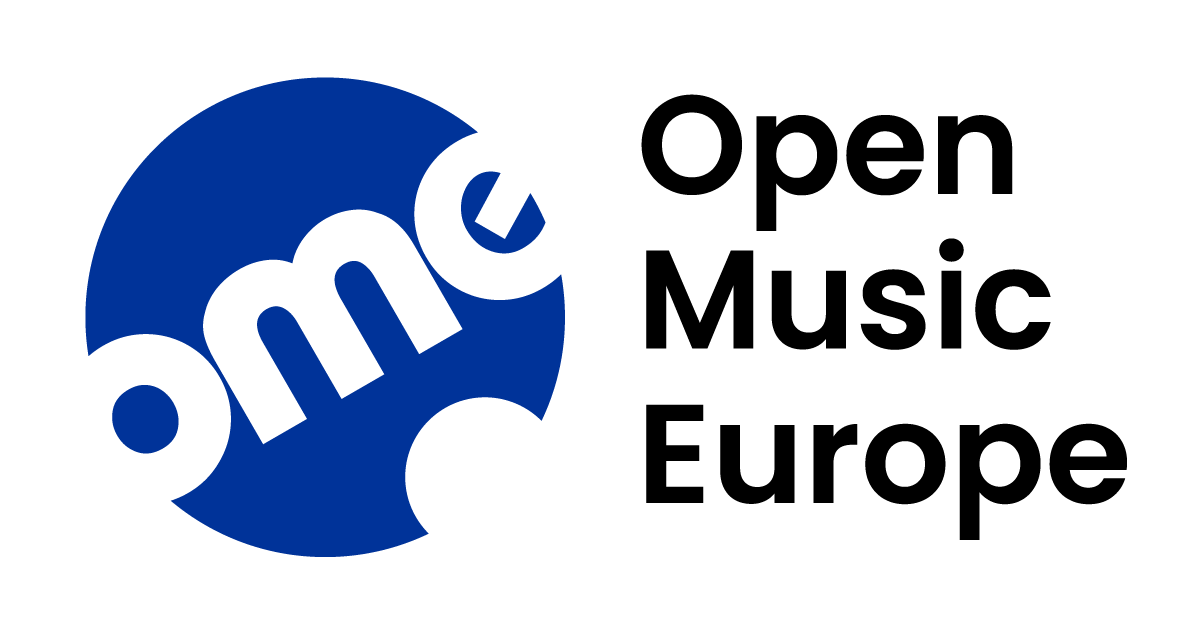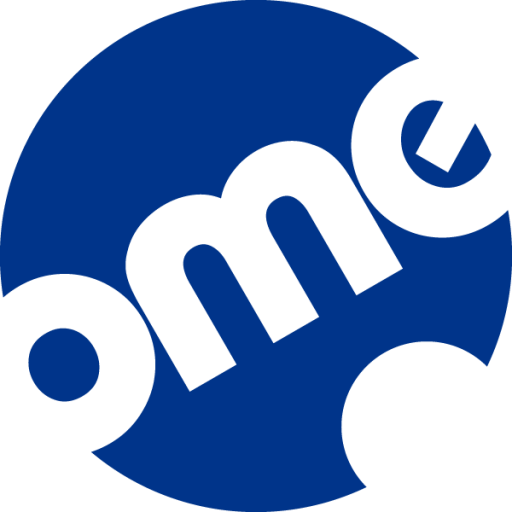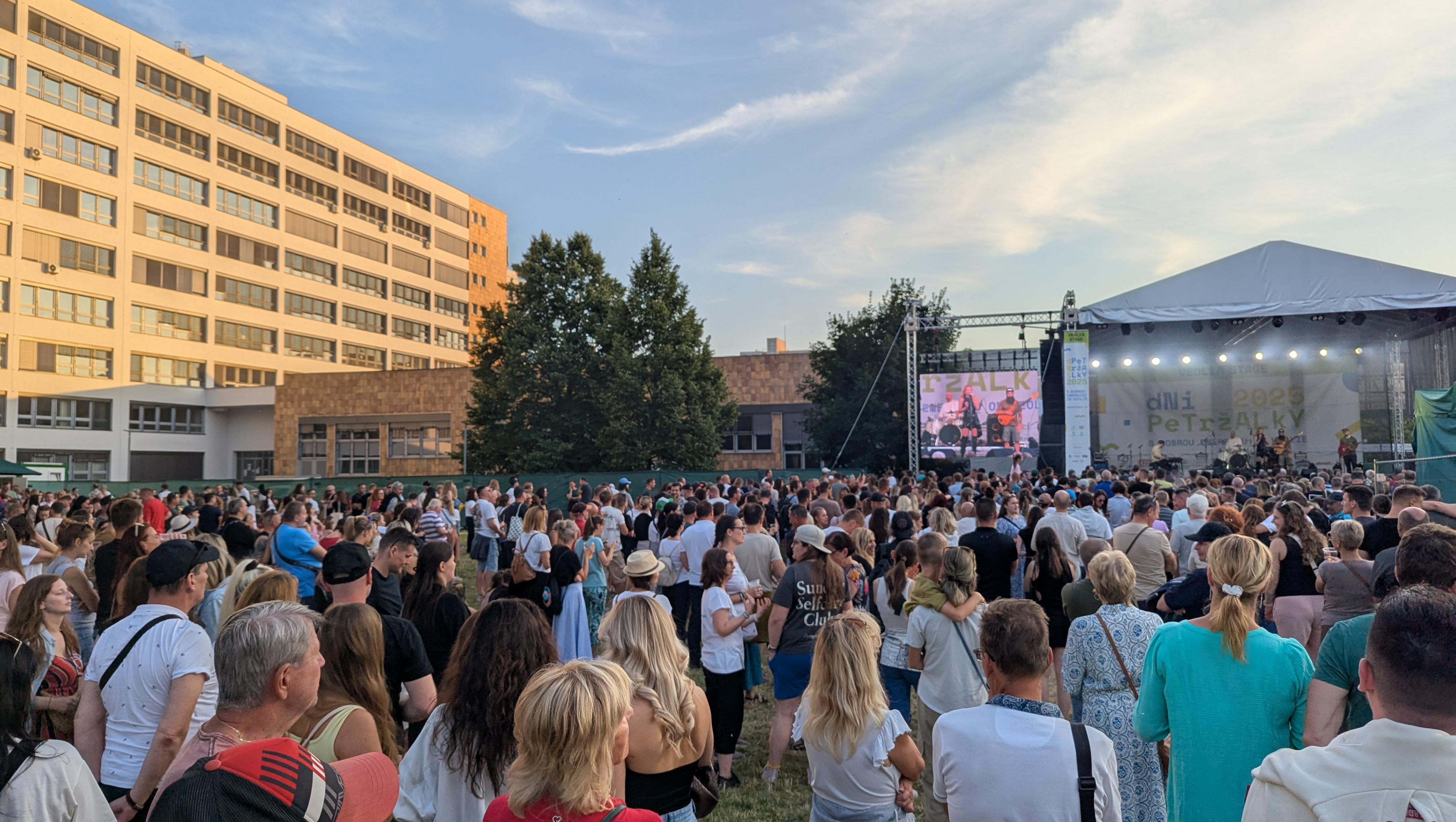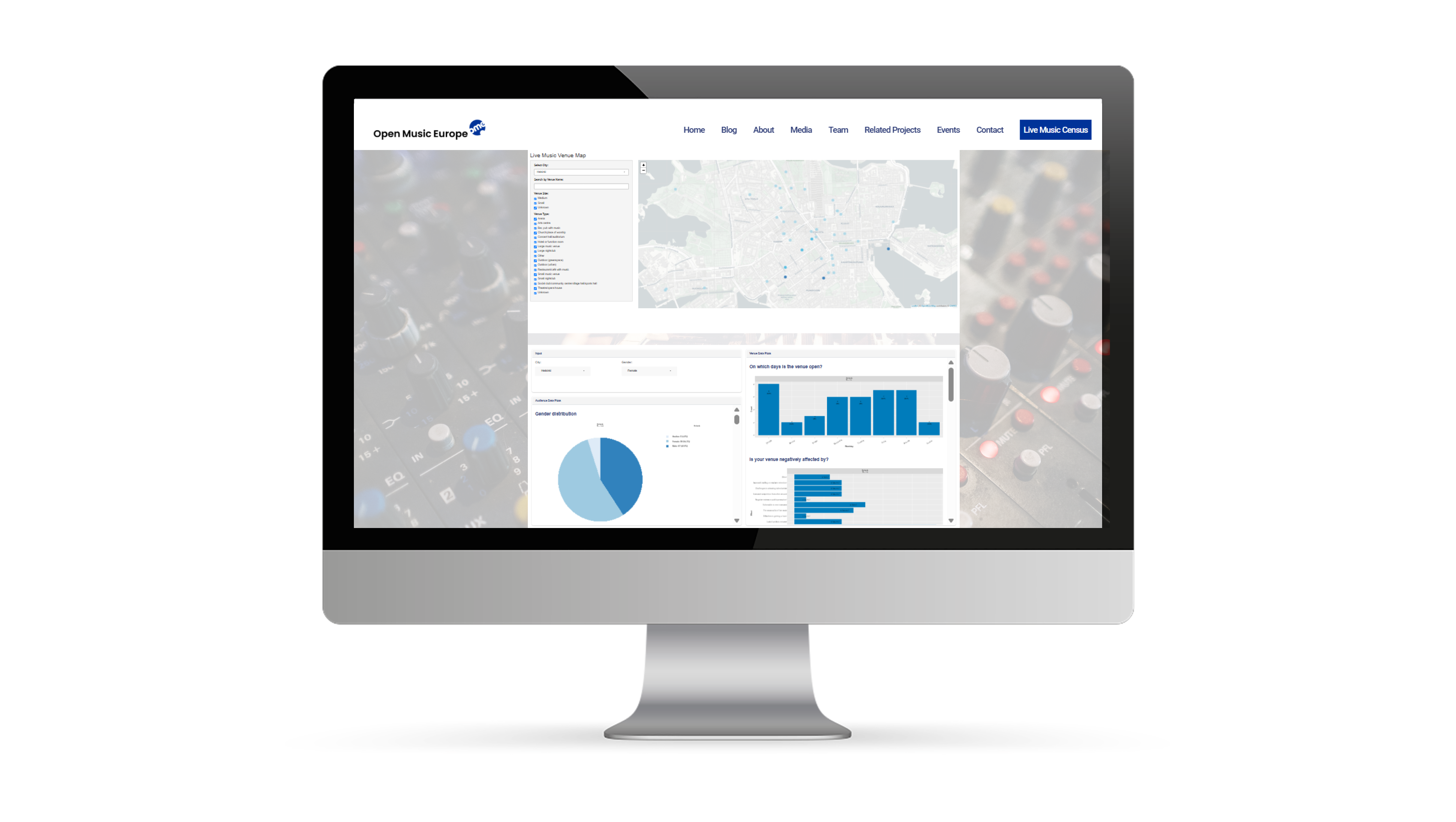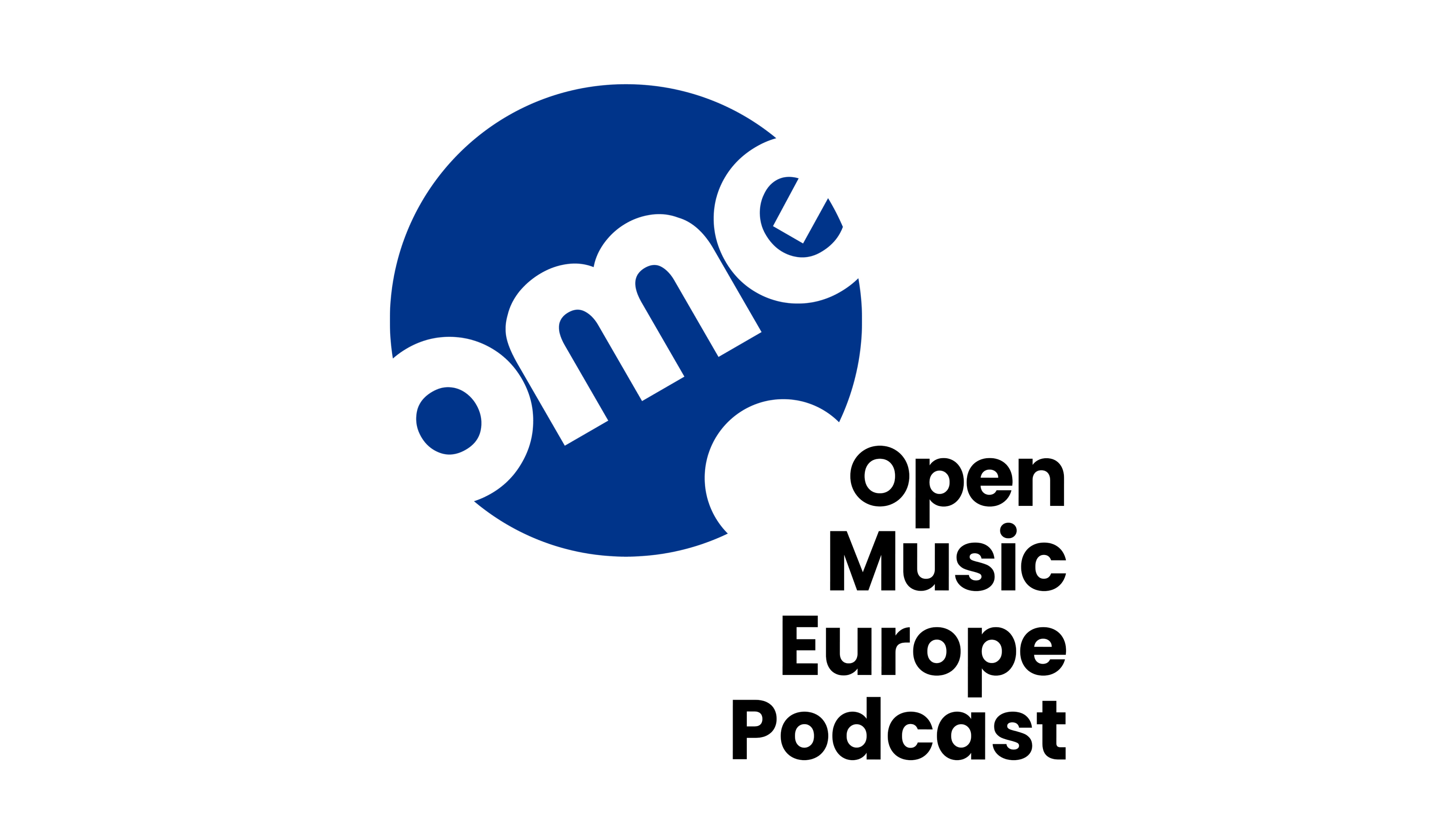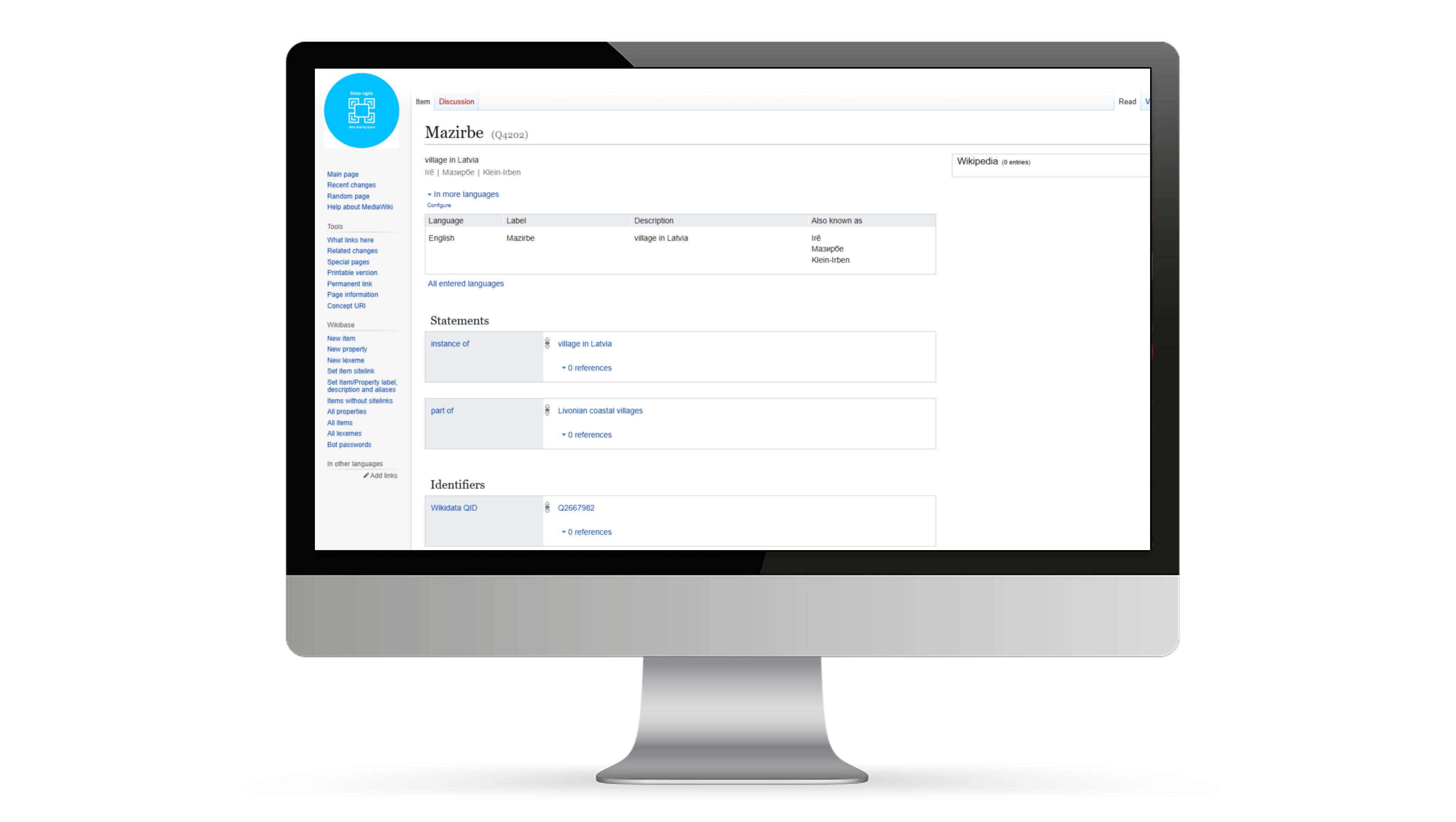
Listen Local: How Do You Call This Place?
Our OpenMusE partners from REPREX have been thinking for years about how to promote local music in a meaningful, data-driven way. Imagine hearing songs from Košice while walking through shops in Košice. Or finding a road trip playlist from the Livonian coast — with tracks actually from the Livonian coast. Local bars, radio stations, and even streaming services often say they’d love to spotlight local talent. But one problem keeps coming up:
Who counts as local?
Was the drummer born in town? Did the songwriter grow up there? Do they sing about the river, the coast, the city? How do we know These are tough questions — and we’ll get to them. But there’s a more fundamental problem to solve first:
How do we even name places in a way that systems (and people) understand?
Take Vienna. It’s Wien locally, Bécs in Hungary, Wenen in Dutch, and Vienne in French. If someone wants music “from Vienna”, a computer system needs to know all these names mean the same place. Which brings us to our case study: the Livonian coast in Latvia — a small, multilingual microcosm where naming things gets especially complicated.
The Metadata Nightmare: Livonian Edition
To build location-aware music recommendations, you need a structured reference of place names — a gazetteer. In the Livonian coast, every village can be known by:
- a Latvian name
- a Livonian name
- often a German or Russian exonym
- and inconsistent transliterations or legacy spellings in older databases
Take Mazirbe, for example. Depending on the source, it might appear as:
- Mazirbe (Latvian)
- Irē (Livonian)
- Klein-Irben (German)
- Мазирбе (Russian)
- Suur-Irben (a Finnish-German hybrid)
And yes, sometimes it’s simply… missing. This kind of variation breaks search, wrecks recommendation filters, and makes location-based discovery unreliable. Whether you’re managing music metadata, museum records, or shipping labels, the same underlying issue applies.
What We Built
We created a multilingual, script-aware gazetteer for the Livonian coast using Wikibase, the same engine behind Wikidata. Every place in our list includes:
- Name variants across languages and history
- Structured links to GeoNames, Wikidata, and VIAF
- Human-readable pages and machine-readable RDF/TTL formats
- Context like current municipality, historical background, and aliases
You can explore it here: Lielirbe / Īra / Irben / Suur-Irben
And yes, we’ve already hooked this into BlazeGraph, so you can build queries that say: “give me all the music associated with places near Irē, no matter how they’re spelled or named.” You can check out our magic endpoint giving the answer to the nagging question: how do you call Mazirbe in Latvian, Livonian, German, Russian and Finnish?
Why It Matters for Music (and Beyond)
If we want to support local music discovery — whether it’s for a radio playlist, a streaming rec, or a community open mic night — we need to make locality machine-understandable. That starts with naming things accurately, contextually, and multilingually. The Livonian coast taught us that even the smallest regions hold deep complexity. Modeling that complexity is what makes smart, inclusive, location-aware systems possible.
Want to find out more? Find the original blog post here and access the data paper here.
